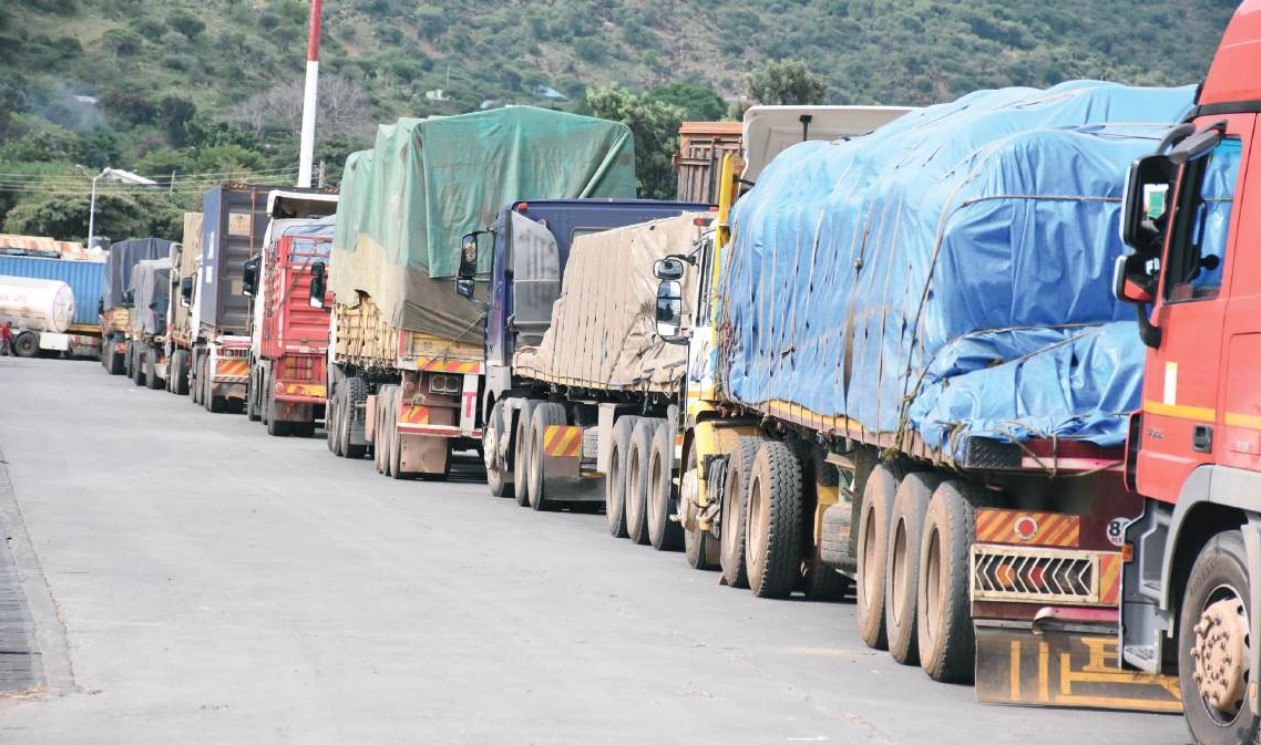

The arrival of lenacapavir—a twice-yearly HIV prevention injection—offers a rare moment of hope in the long fight against Aids. Yet how Kenya chooses to roll it out will determine whether that hope reaches those who need it most.
For decades, informal settlements like Kibera have borne the heaviest burden of the HIV epidemic. Here, access to healthcare is patchy, and the daily discipline required for traditional prevention pills is often out of reach. Starting lenacapavir’s rollout in such communities is not charity—it is justice.
Equally, protecting frontline healthcare workers must be a national priority. They face daily exposure risks and have carried the country through every public health crisis, often with little protection or recognition. Providing them early access to the injection would be both logical and ethical.
The new drug’s success should not be measured by laboratory data alone, but by its reach into Kenya’s most neglected corners.
If the rollout begins in Kibera and places like it, lenacapavir could mark more than a medical milestone—it could redefine equity in public health.
Quote of the Day: “Only those who will risk going too far can possibly find out how far one can go.” —American-born British poet T S Eliot won the Nobel Prize for literature on November 4, 1948






















